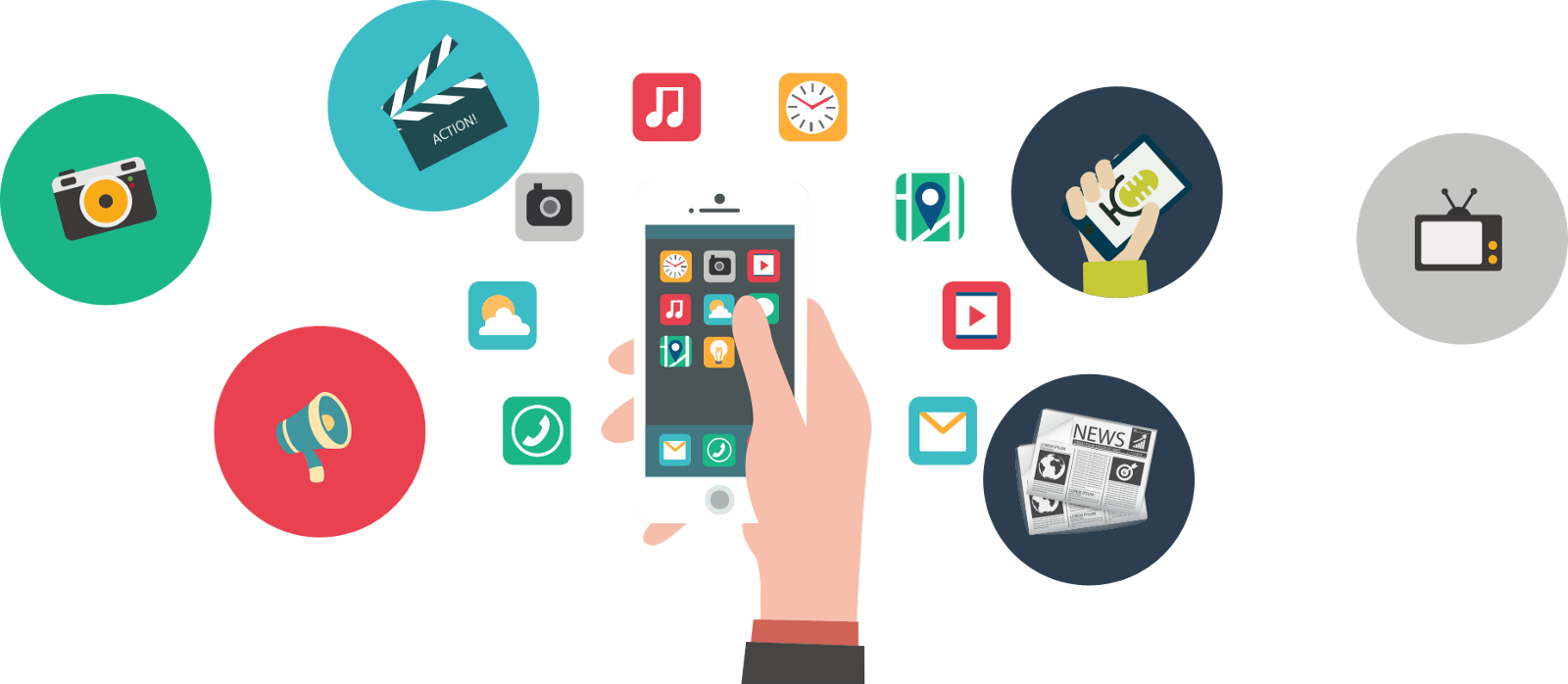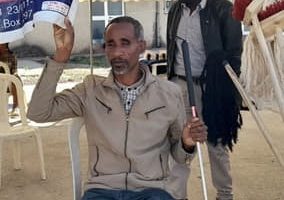
Journalists have time and again use the tried- and- tested traditional media as a strong voice to public mobilization in coronavirus pandemic (COVID-19), communication experts say, calling for embracing of digital platforms and social networking to address disinformation and bring about the desired impact.
Speaking to The Ethiopian Herald, Journalism and Communication Associate Professor at Addis Ababa University, Dr. Mulatu Alemayehu says that COVID-19 has changed media’s classical role and forced both public and commercial outlets to adopt a new communication strategy in a view to informing and educating the audience how to protect themselves from the virus.
Dr. Mulatu states that due to the pandemic, media’s investigative role in Ethiopia is shifted to reporting and evaluating government’s engagement in ensuring public safety as well as the viability and execution of health policies and strategies that the incumbent put in place to combat the spread of COIVD-19.
The associate professor indicated that media have also been engaged in reporting government’s efforts to control coronavirus induced economic challenges and its involvement in delivering personal protective equipment (PPE) to health professionals and the general public at large. “The media should investigate government’s and other stakeholder’s maleficence in the fight against COVID-19 and produce contents in a very professional and responsible manner for the sake of public safety.”
According to the expert, digital platforms are more viable options in crises reporting than that of mainstream outlets as the former allowing for interactions, establishing connections and eliminating problems of physical accessibility. Utilizing social media also making it possible to address different audiences in different geographic areas at all once.
He says that social media platforms give journalists a chance to engage in a COVID-19 dialogue instead of simply targeting information to specific audience.
Media professionals have also used online platforms to aware preventive approach to the pandemic and to galvanize support from the public and private sectors.
“Media practitioners should use Facebook, a platform that allows them reach a big number of people, to increase support for coronavirus patients. Facebook also offers an entry point for journalists to communicate with citizens on a platform that is already familiar to many.
In addition, tweeting message via Twitter to organize actions allows journalists to reach a large number of supporters instantly and creating a hashtag for coronavirus campaign will allow users to contribute in various ways, as well as make it easy to search for tweets about the movement. Creating a blog to allow the public to debate, comment, or contribute their views on COVID-19 is another approach that campaigners should use.
Another expert, Journalism and Communication Assistant Professor at Wollega University, Yared Desalegn states that various digital tools can come in handy and mobile phones can stream directly to the web if, for example, Minister of Health, the government, police, and other relevant stakeholders make announcement in the pandemic. Digital cameras can be used to enhance public’s awareness in the disease and text messaging can mobilize supporters of the campaign.
Due to Ethiopia’s rapid expansion of technology infrastructures and the success the nation witnessed in producing a significant number of young middle-income citizens, the number of mobile and internet subscribers in the country is considerably increased thereby creating a fertile ground to social media campaign, Yared elaborates.
The assistant professor says that media studies discovered that social media information has strong impact in the audience and the society have shown strong tendency of counting on the information that is shared by familiar people in digital platforms including Facebook. Due to frequent posts and updates, information distribution in social media is also much more progressive than that of the traditional one.
In the other hand, the information in public media about coronavirus pandemic, though how much professional and accurate it is, has been challenged by the society’s long-held misinterpretation of all government messages as propaganda tools to serve certain political interest.
To Dr. Mulatu, social media are major campaign tools in the fight against COVID-19 and various features in Facebook, Twitter and other platforms avail the opportunity to the audience to ask, comment and share in the issue. “We get the majority of the information about new coronavirus cases from Ministry of Health’s official Twitter account and the platform is also crucial to obtain frequent updates.”
Both scholars underscore that absence of editorial news making process and gate keepers as well as fake news would remain possible impediments to the credibility of online media unless effectively addressed. Providing training and awareness raising programs, promoting professional and ethical journalism and ensuring accountability are instruments to the new media taking a crucial role in public mobilization, they comment.
The Ethiopian Herald May 12/2020
BY BILAL DERSO





